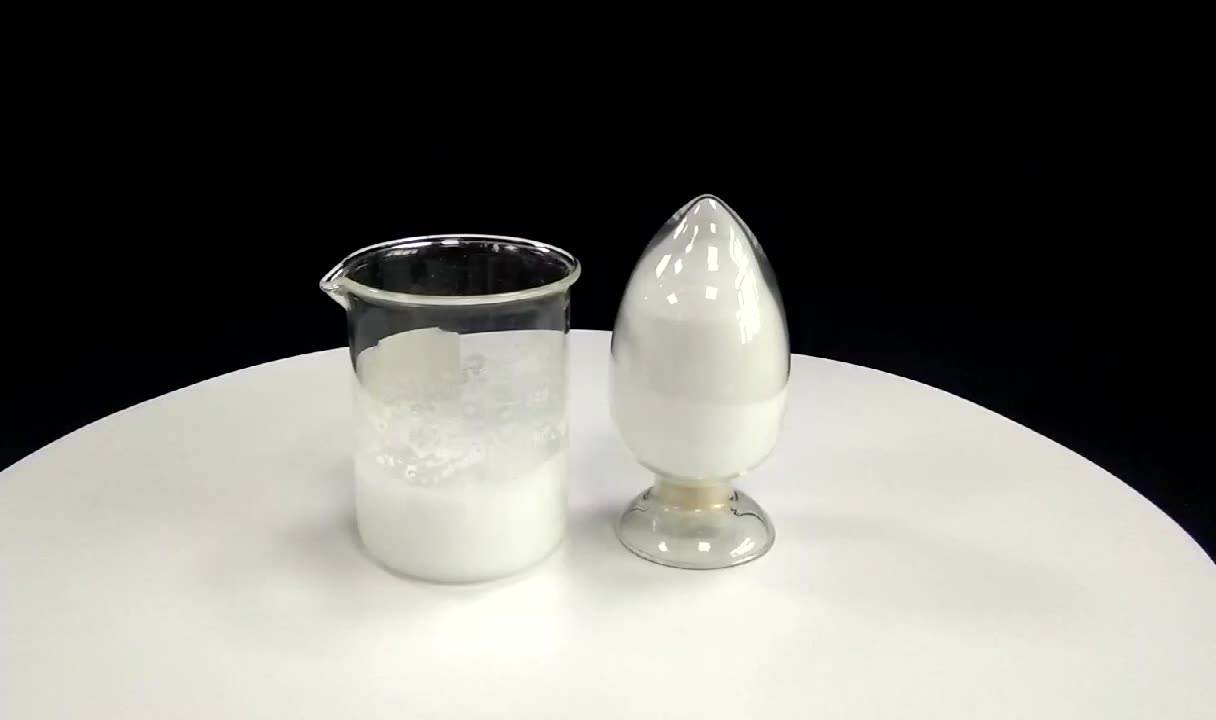
HPMC manufacturer-Importance of Hydroxypropyl Methyl Cellulose for Mortar Water Retention
The importance of hydroxypropyl methylcellulose in mortar retention is why the water retention requirements are very high, and what are the advantages of good water retention. Water retention of mortar refers to the ability of mortar to retain water. Mortar with poor water retention is easy to seep blood during transportation and storage, that is, water floats on top, and sand and cement tank below must be stirred again.
The mortar used to build grass roots has a certain water absorption rate. If the water-retaining mortar is poor, in the process of mortar application, as long as the ready-mixed mortar is in contact with the block or substrate, the ready-mixed mortar will absorb water, and the exterior of the mortar will face the atmosphere. Evaporation of water results in the further hydration of cement due to water loss and lack of water in the mortar, and at the same time affects the normal development strength of the mortar, resulting in low strength, especially the interface between the hardened body of the mortar and the strength, causing the mortar to crack and fall off. The water-retaining mortar works well, the cement is more fully hydrated, the strength can develop normally, and the grass can be better bonded together.
The importance of hydroxypropyl methylcellulose for retaining the mortar, which is usually ground or applied to the substrate together between absorbent blocks, forms a single unit with the matrix. The effect of mortar water retention on project quality. Due to the excessive water loss of the mortar, the normal condensation of the mortar hardening is affected, and the adhesion between the mortar and the surface is reduced, which is not only difficult to construct, but also reduces the strength of the masonry, thereby greatly reducing the quality of the project. If the mortar is not firmly bonded, the water is easily absorbed by the bricks, making the mortar too dry and thick, and the stains are uneven. During the construction process, it not only affects the progress of the project, but also the wall is prone to rupture due to shrinkage, which is not only conducive to construction. , also increased the construction intensity.